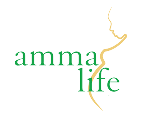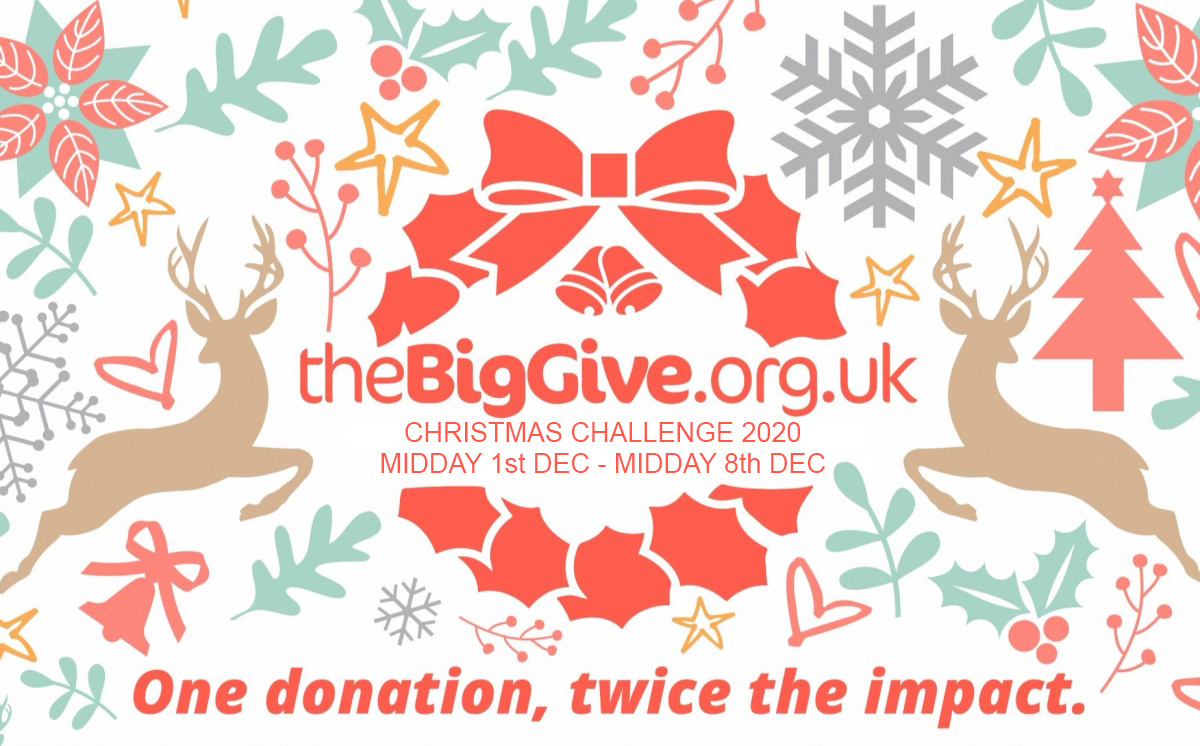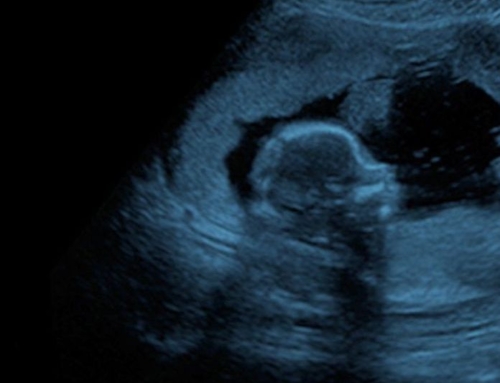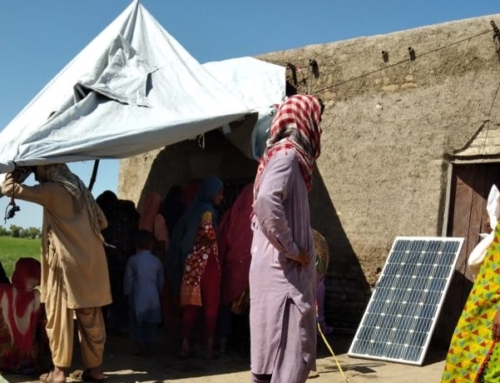How you can help – Big Give Christmas Challenge
This year we are taking part in the Big Give Christmas Challenge to raise funds to buy 16 anti- shock garments and 3000 doses of Tranexamic acid. Working with local partners we will distribute these supplies in Pakistan, Malawi, Tanzania and Nigeria, alongside training materials to ensure that treatment of this life-threatening condition is effective for years to come. We will also work with in-country partners to create a sustainable supply chain for tranexamic acid to ensure it is always on hand in an emergency.
You can help provide these lifesaving treatments by making a donation via the Big Give Christmas Challenge, the UKs biggest match funding campaign. Every donation made during the campaign week will be doubled. One donation, twice the impact. The campaign takes place from 12pm 1st December 2020 – 12pm 8th December 2020. To qualify for matching all donations must be made via our campaign page.
The Problem
810 women die every day because of pregnancy and childbirth related complications. That is one woman every two minutes. Most of these unnecessary deaths happen in the world’s poorest countries. Around two thirds in Sub Saharan Africa alone.
The biggest killer of mothers dying in childbirth is postpartum haemorrhage (PPH), severe bleeding after childbirth. In areas with limited resources, or where a hospital may be days away, women may not have access to the medication they need to stop the bleeding. If postpartum haemorrhage occurs a mother can bleed to death within hours. In some cases, when a mother dies, her baby may not survive. Urgent treatment is essential in saving lives.
How we help solve the problem
The good news is that postpartum haemorrhage is treatable and, this December, we are raising funds to give access to two proven lifesaving treatments – non-pneumatic anti-shock garments and tranexamic acid.
Both interventions are included in the World Health Organisation recommendations for treating this condition, yet they are not widely available where the need is greatest.
Tranexamic acid
Tranexamic acid is a low-cost drug which promotes blood clotting. Women are encouraged by hospitals to buy this medication in case they need it, but many cannot afford to do so. A global trial of 20,000 women found that this simple treatment, when given within three hours, reduced the numbers of women dying due to bleeding by 31%.
Anti-shock garment
A non-pneumatic anti-shock garment, a first-aid device that can be used to stabilise the patient until she can reach hospital. It can be used up to 120 times and is wrapped around the legs and abdomen, decreasing blood loss and treating shock. It is easy to use after minimal training. Studies have shown that this intervention can help save lives by significantly reducing maternal mortality.
7 days to act – Two gifts
One simple step
- Donating £50 could provide 25 doses of tranexamic acid, saving the lives of up to 25 mothers suffering from severe bleeding after childbirth.
- Donating £125 can buy one non-pneumatic anti-shock garment saving the lives of up to 120 women.
You can help provide these lifesaving treatments by making a donation via the Big Give Christmas Challenge, the UKs biggest match funding campaign.
Every donation made during the campaign week will be doubled. One donation, twice the impact.
The campaign takes place from
12pm 1st December 2020 – 12pm 8th December 2020.
To qualify for matching all donations must be made via our campaign page. The link to donate is:
How it all comes together
- We work with our partners to create a sustainable supply chain for TXA & to devise a tracking system for NASG so that these are always on hand in a PPH emergency.
- Buy 16 NASG – non-invasive, minimal risk of infection, can be fitted by a trained lay person to buy time to transfer a woman to hospital. Studies show this intervention can significantly reduce maternal mortality. Included in WHO recommendations for treating PPH. £125 per suit, 120 uses per suit.
- Buy 3,000 doses of Tranexamic Acid (TXA) which promotes blood clotting. A global trial found that death due to bleeding was reduced by 31% if the treatment was given within 3 hours. It is included in the World Health Organisation (WHO) recommendations for treating PPH. £2 per dose.
- Provide training materials. We will include written materials translated into local languages, promotional posters and a training video for NASG. Highlight WHO recommendations on effective treatment of PPH.
- Reduce maternal deaths caused by PPH in Pakistan, Malawi, Tanzania and Nigeria. 3,000 doses of TXA could save the lives of up to 3,000 mothers. NASG can be used up to 120 times before needing to be replaced so the purchase of 16 suits could save the lives of nearly 2,000 women.







Leave A Comment